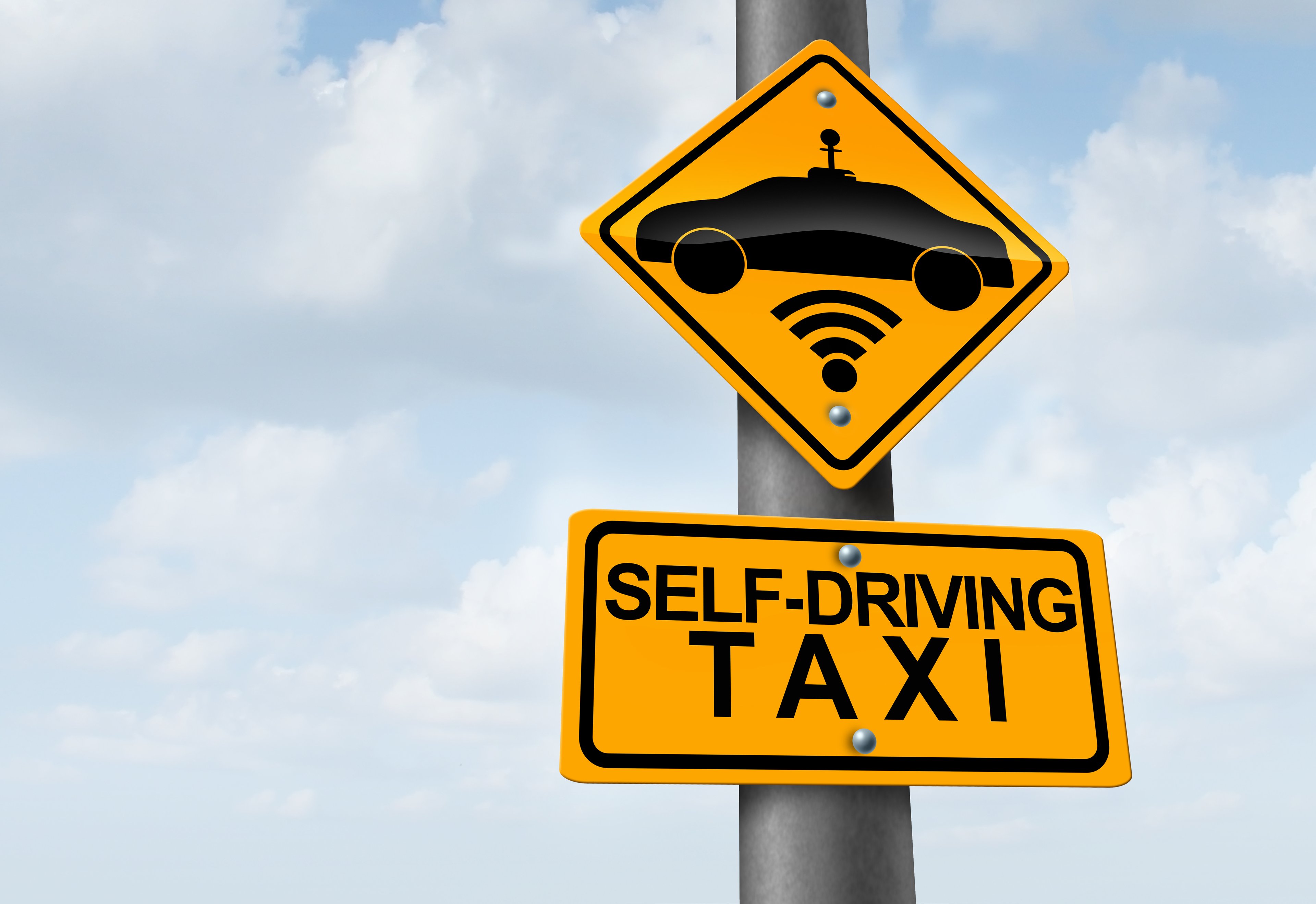Tesla Motors (NASDAQ: TSLA) has accomplished big things in such a small time frame, and it appears that the company is looking to double (or even triple) its bet against the major car companies. CEO Elon Musk promised the competing car companies that Tesla would not go to court over its patents if these companies used its patented technology to the benefit of electric cars in general. This is a big promise and it can either make or break Tesla Motors as we know it.
Is Tesla getting desperate?
While Tesla still seems to be constrained by supply rather than by demand, the future of the company depends on adoption of electric cars by the general public. Currently, Tesla is able to sell its expensive cars to the wealthiest portion of the population; however, many people are still highly skeptical of the concept of electric cars, and if we exclude certain markets like California and Norway where electric car owners enjoy huge tax benefits, adoption rates for electric cars is fairly low. In order for Tesla to be successful in the long run, not only does the company have to sell a lot of cars to its existing customers, but it also has to create new markets for its future products. If the electric-car concept doesn't take off, Tesla might have trouble reaching the mass market.
To help spread acceptance of the concept, Tesla wants major car companies to increase their production and marketing of electric cars. This would make it more likely that electric cars reach mainstream status. Since the "rising tide lifts all ships," Tesla would hope to benefit from a rising tide in the electric-car market. The company is not large enough to raise the tide by itself, so it needs the support of major car companies.
Tesla is taking a big bet that could backfire
One of the reasons why Tesla gets a sky-high valuation in the market comes from the fact that it gets treated like a technology company rather than a car company. Tesla's patent portfolio is not larger than those of established car companies, since those companies have been in business for a lot longer and had more time to build their portfolios. On the other hand, Tesla has several patents related to the battery technology that is associated with electric cars. If the company's patent portfolio is opened for use, this may hurt the company's status as a "tech company" and move it closer to the status of a car company. In this case, the company might not get such a high valuation from the market.
Things can get even worse. If one or more of the major car companies start using Tesla's patented battery technology to create long-range electric cars, this will increase the demand for the batteries that Tesla uses. Even though Tesla hopes to address this problem with its Gigafactory, there is going to be a shortage of batteries for a long time. Tesla's first Gigafactory will not even be finished until at least 2017 and it will only supply enough batteries for 500,000 vehicles per year. In other words, Tesla might need more than one Gigafactory. At some point, Tesla's partner Panasonic might back away from committing all its batteries to Tesla if it can get a better deal from one of the major car companies with more buying power.
If one or more Chinese car companies take on Tesla's offer, the company's growth prospects in Asia might get threatened, because it is almost always cheaper to produce something in China than in California, where Tesla builds its cars.
Finally, if none of the major car companies take up Tesla's offer, this could hurt Tesla's image. First, if there are no takers for Tesla's patented technology in the entire car industry, this could tell investors and car buyers that Tesla's technology must not be that special. Second, if major car companies do not make use of Tesla's patented technology, it will make it very difficult for the electric-car industry to become mainstream.
Things can still get better for Tesla
This all may sound as if Tesla is in deep trouble, but things are not really that bad. Tesla can still prosper in this environment if it plays its cards correctly and gets lucky. If major car companies start investing more of their resources in the electric-car market, this will give all electric cars huge visibility and Tesla will definitely benefit. On the other hand, it is highly unlikely for car companies to invest heavily enough in electric cars in a way that can do much damage to Tesla. Ford and General Motors do not want to cannibalize their existing business by introducing a bunch of electric cars that may or may not be successful. Ford currently offers the Focus Electric, and sold a few more than 500 units since the beginning of the year. As of right now, consumers are not really sold on the idea of the electric car, and major car companies do not want to invest a lot of resources in a technology that may not pay off while their current line of cars are doing fine.
This is why Tesla does not have to worry about major car companies eating much of its lunch in the electric-car market. Companies like Ford and GM will continue to do what they do best: cars and trucks that run on gasoline. If, someday, electric cars start becoming mainstream and gain a large chunk of market share, the major companies might get interested in the concept -- until then, they will not be putting much of their resources into this technology.








